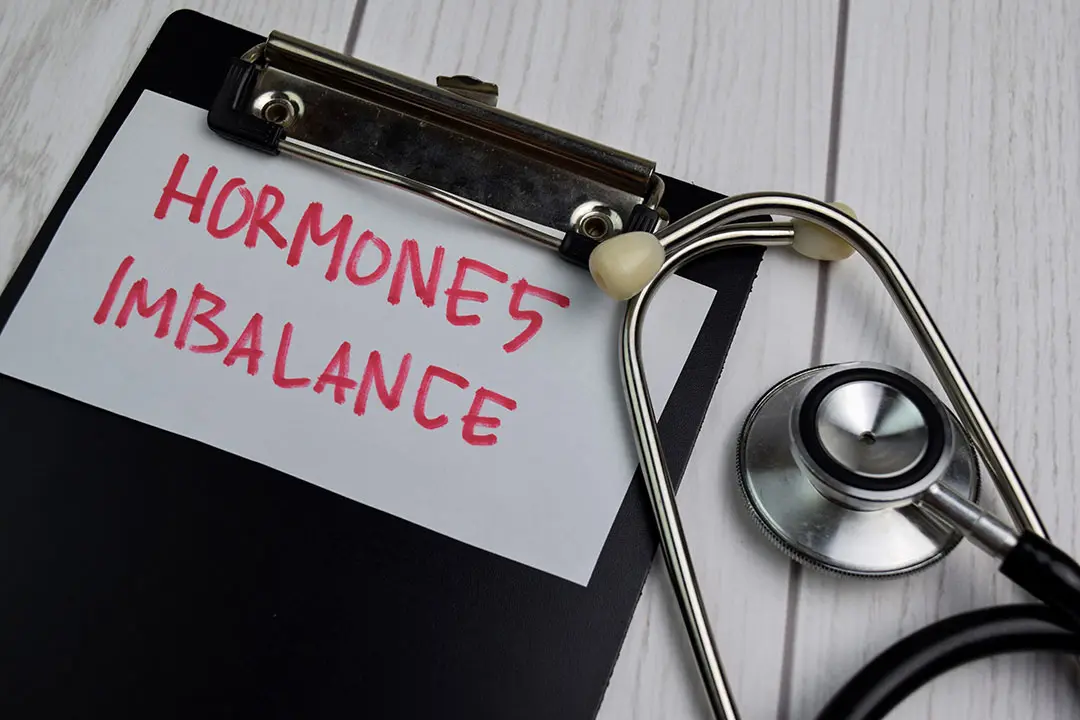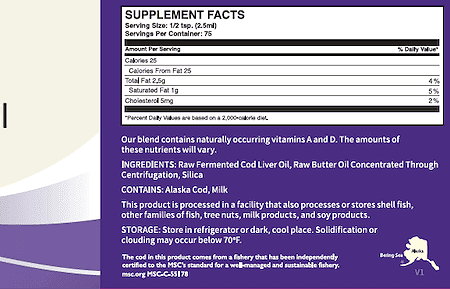Symptoms of hormonal imbalance in women don’t just appear at menopause as many people think.
There are other factors that can trigger the decrease or increase in production during the natural cycles of a woman’s life such as puberty, pregnancy, the menstrual cycle itself, and in transition to old age, menopause.
A healthy lifestyle and natural proudcts may help regulate some of these issues.
Other factors are polycystic ovaries, endocrine gland malformations, chronic diseases and health conditions such as diabetes and hypothyroidism, in addition to stress, excessive weight and poor diet.
They are produced by the endocrine glands and function as messengers to control the functioning of the body.
They are responsible for enabling and controlling growth, reproduction, metabolism and other functions.
It is very important to be aware of the signs that may indicate a possible change in levels. An endocrinologist should be consulted for the correct diagnosis and appropriate treatment.
Menopause, which is a cause of the most common disorders among women, is when the decrease in menstruation occurs gradually until it ceases completely, and this leads to a fall in the production of estrogen.
Some of the symptoms caused by menopause include hot flashes, excessive sweating, mood and sleep changes, and anxiety. Symptoms appear with advancing age and are relatively easy to diagnose, causing discomfort for most women who look for help to adapt to this new phase of their lives.
Studies seek to understand how preventive treatment and healthy habits can reduce or even neutralize these symptoms. Is it possible for a woman to reach old age by understanding and accepting the changes in her body, and thus be able to make a smoother transition in relation to the new reality that changes bring?
There are supplements to help women keep their levels regular. These supplements work both as a preventive treatment and as a reversal element of an altered condition. An example of a supplement that can be used by women who would like to maintain or improve balance is the Women’s Tonic, which presents a mixture of herbs that help regulate, relieve menstrual cramps, stimulate female energy, skin and hair, in addition to being delicious and easy to prepare.
However, menopause is just one of the problems women face throughout their lives.
These problems are not always related to estrogen and progesterone. Our body produces many other ones, such as insulin, which is produced by the pancreas and responsible for reducing blood glucose. Type 1 diabetes happens when the pancreas does not produce enough insulin.
The thyroid is responsible for the T3 and T4 hormones. When in excess, a condition called hyperthyroidism, speed up metabolism and cause irritability. Hypothyroidism occurs when production is less than ideal, which can slow down metabolism.
Melatonin is responsible for regulating sleep and its production is increased in dark and quiet environments. For this reason, an environment without light sources at night provides a healthier sleep routine.
Other common causes include poor diet and psychological changes such as stress. The use of some medications can also cause changes in the production of certain ones.
Among the most common symptoms caused by imbalance are insomnia, poor digestion, intense tiredness, excessive hunger, anxiety, irregular menstruation and mood swings. Skin changes, such as the appearance of acne, can also indicate changes.
Difficulties to sleep
Difficulty falling asleep is more common in people who are very stressed, suffer from anxiety or are smokers. Sleep regulation depends on several of them, such as melatonin, testosterone, growth hormones (GH) and thyroid hormones (TSH), for example, in addition to the body’s own physiological changes with age.
When there is an imbalance that affects these ones, the person may have more difficulty sleeping and may even feel more restless and anxious during the day.
If you have difficulties sleeping and resting in general, there may be some disturbance that, when rebalanced, will improve your quality of life completely, after all, rest is one of the fundamental activities to help providing proper functioning for our body.
Appetite irregularities
The feeling of hunger is also controlled by them, for this reason, when the level of ghrelin, for example, is higher than that of others such as oxyntomodulin and leptin, it is possible to feel hungrier, even after having eaten properly.
Irregularities in food intake can bring several comorbidities to the body. If you have noticed that your appetite has increased or decreased dramatically, start to observe yourself and investigate what may be causing these changes. The answer may lie in the performance of hormones.
Poor digestion and other digestive problems
While not a direct sign of changes, digestive problems can indicate that you’re eating more than normal or eating too many processed foods. And this usually happens when there is an imbalance of hunger ones or testosterone, for example.
In addition, in case of hypothyroidism, slower digestion and a feeling of full stomach for a longer time can also occur, as the decrease in thyroid output slows down the functioning of the entire body, caused by hypothyroidism.
As well as the increase in the production from this gland speeds functioning throughout the body, generating hyperthyroidism, which accelerates metabolism which leads to excessive weight loss, decreased appetite, extreme tiredness, among other symptoms. The first condition presents itself more commonly among women.
Excessive tiredness during the day
Thyroids control metabolism and, therefore, if there is a reduction in their production, the body begins to work more slowly, decreasing heart rate and even mental functioning. Thus, it is possible to have less energy and feel more tired during the day, as well as difficulty thinking and concentrating.
Patients with uncontrolled diabetes can also experience excessive tiredness during the day because there is too much glucose in the blood that is not reaching other parts of the body properly, generating tiredness and other changes, such as headache, body pain, difficulty thinking, for example.
Anxiety, irritability or depression
This is one of the most obvious signs of sudden changes, such as during premenstrual syndrome (PMS) and especially during menopause, when situations that were once normal begin to cause symptoms of sadness, anxiety or excessive irritability.
Associated with the modern lifestyle of women and cultural changes, problems stimulate irritability and depression.
A complete treatment is recommended in these cases in which the routine adopted by the woman does not encourage her to maintain her health, requiring a reeducation of habits and a change in lifestyle.
Excessive acne
The increase in testosterone is responsible for causing excess skin oiliness and therefore both men and women can experience excess pimples or persistent acne due to oily skin, especially when testosterone is much higher than the other ones in the body.
Excess acne at puberty is common, however if you have an increase in skin oiliness with excessive acne formation during adulthood, one of the reasons, in addition to food choices, may be an increase in testosterone production.
These are some of the most common symptoms of hormonal imbalance in women. Unfortunately, these disorders are not so easy to diagnose, and they can also be associated with a variety of other problems.
The pursuit of well-being must be done consciously, through observations, adaptations and medical follow-up.


























